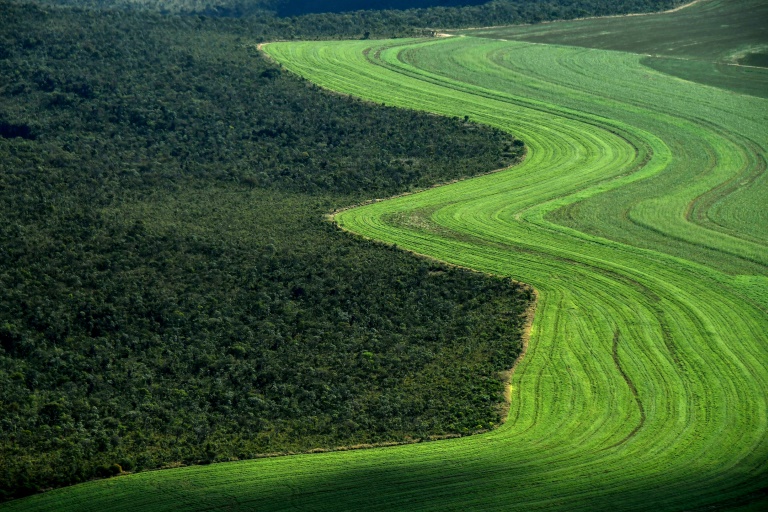Egypt does not have any specific plan to deal with the effects of climate change and global warming on its water resources and its share of the Nile River, said Mosad Qutb, director of the Central Laboratory for Agricultural Climate at the Center for Agricultural Research.
In a press conference held by the Near East Foundation and Center for Development Services to discuss climate change and its effects on health and water, Qutb emphasized that the scenarios posited by academics are only speculative. Some of these scenarios, such as a rise in temperature may be beneficial for Egypt, as it will increase the evaporation rate which will in turn increase precipitation at the headwaters of the Nile and potentially increase Egypt’s water share by 20 percent. However, other scenarios posit that a temperature increase will adversely affect rainfall patterns resulting in a loss of between 70 and 80 percent of Egypt’s water share.
Qutb described both possibilities as disastrous, explaining that an increase in Egypt’s share of water by 20 percent would overload the High Dam in Aswan, whereas a decrease in its water share by 70 to 80 percent would mean the end of agriculture in Egypt. Qutb stressed that Egypt is one of the states that will be most affected by climate change, and that Egypt has recently witnessed hot spells followed by cold spells, which have negatively affected agricultural production. Qutb said farmers require agricultural planning and consultation to confront these changes successfully.
Translated from the Arabic Edition.
EnvironmentScience




